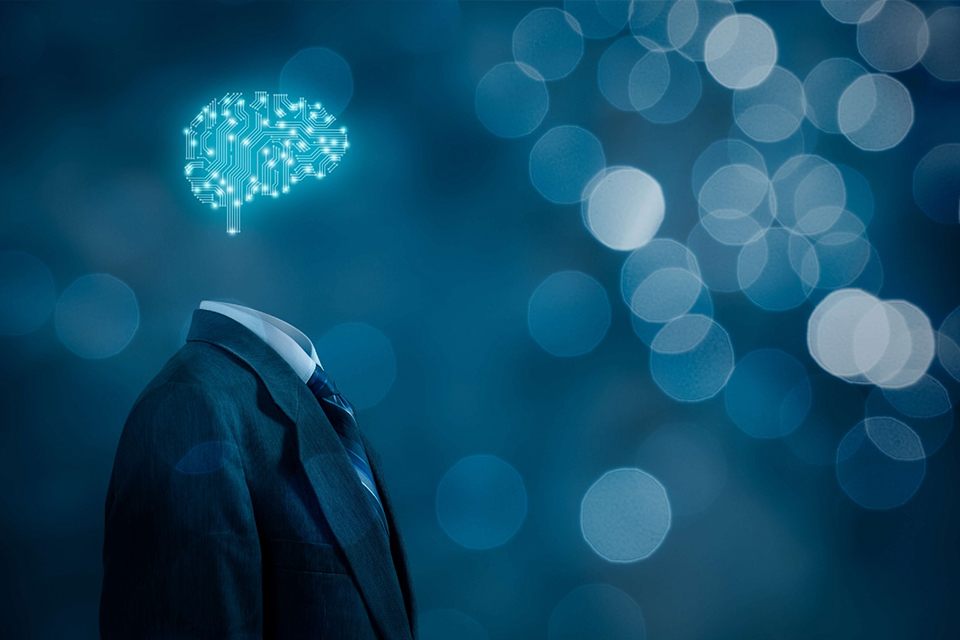Artificial Intelligence has been around for at least 60 years and has its ups and down – from waves of optimism to disappointing results. Fortunes swelled when data & telecom revolution enhanced the processing capacity and provided access to tremendous data. This increase in data processing & reception capacity served as an oxygen for advent of AI. The winter of AI lifted, never to return! Developments in mathematical algorithms contributed to the creation of machine learning rapidly and the AI revolution was born.AI is developing across countries, cities, and regions. Cognitively advanced systems when combined with advanced robotics will be able to perform complex work.
AI has come to solve the productivity woes world is facing today but it is also giving rise to inevitable whispers of job loss. Productivity increase implies job loss for many. When the monster comes out of the bush, there will be some damage. The ill-fated dilemma takes shape… If jobs go to humans we will be less productive & if jobs go to robots, then how will the country create new low/middle-class jobs?
The four measures of economic health- per capita income, labor productivity, number of jobs, and median household income complements each other. Any change in one of them has counter effect on other parameters. Any change with possibility to alter this balance needs to be traded with thoughtfulness. If there will be no jobs who will use the technologies & from where will growth come?
However every industrial revolution from the beginning have their own share of initial damages and later they unfolded as beautiful master piece showcasing human capability and advance.
Similarly these initial doubts of job loss if managed properly, AI revolution too has capability to unfold as major milestone in evolutionary journey of Homo sapiens.AI will be engine to world economic growth for years to come. As per recent study by PWC, AI will contribute to 45 percent of all economic advances by 2030. As per Gartner research more jobs will be created with growth of AI than lost. As per them 1.8 million jobs will be eliminated by 2020, but 2.3 million new jobs will be created by then.
However, unmanaged entry into the AI revolution may have consequences for both who dare to embrace and those who stay on the sidelines. But regardless of the choice made, no one will be able to escape the rise of the AI.Any major AI program should be well monitored and governed so that advance policy steps can be taken before masses are exposed to the consequential suffering. There needs to be programs to support retraining and education of existing work force. An extremely strong focus on education specific to AI is critical for AI to sustain.

